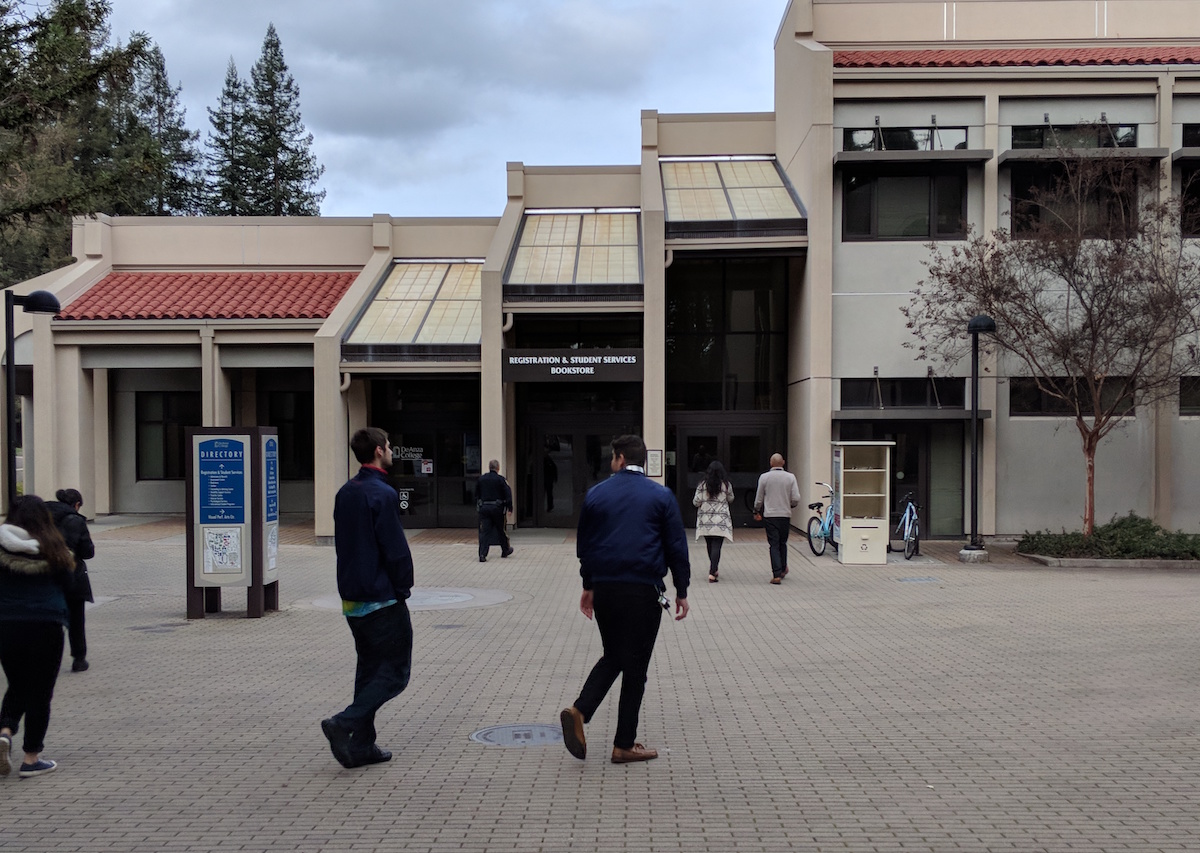Residency Determination and Appeals
The following information is provided to advise students of the steps that must be taken to establish and maintain California residency. This information is taken directly from Title 5 CCR 54000-54045.
Important Information
If you are planning to request a reconsideration or reclassification of your residency status:
- Please read the information on this page, then complete the Residency Reclassification Request form, which you'll find listed near the bottom of the Admissions Student Forms webpage
- All residency-related documents must be submitted to the Admissions office within the first two weeks of the quarter (or earlier), if the residency status change is to apply to that quarter.
- Residency reclassification reviews may take a week or more to complete.
Residency Reclassification Request Form
Residence: The location with which a person is considered to have the most settled and permanent connection; it is also that place where that person intends to remain, and during absences intends to return. Residence results from the union of physical presence with objective evidence that the intent is to remain at that place for an indefinite period of time.
Burden of Proof: The student has the burden of proof to clearly demonstrate both physical presence in California and intent to establish a California residence.
Physical Presence: A person capable of establishing residence in California must be physically present in California for one year and one day prior to the residence determination date (first day of the term) to be classified as a resident for that term.
Intent: The law and regulations require both physical presence and the intent of the student to make a home in California. Physical presence in the state solely for educational purposes does not constitute the establishment of California for residence regardless of the length of presence.
Supporting evidence may include
- Lease or rental agreements
- California voter registration
- Professional license from state of California
- Driver’s license from state of California
- Divorce petition filed in California
- Property ownership record
- Maintaining a permanent military address of home of record as California
- Bank statements
- Continuous presence in California except for absences, which can be explained without conflicting with establishment of residence.
Financial Independence: A student who is classified as a non-resident, and has established financial independence, may be classified as a resident if the student has met the requirements of CCR 54020 for one year prior to the residence determination date. In order to change from non-resident to resident status, the following affidavit forms are available
- Student out of state / parents or legal guardian out of state
- Student out of state / parents or legal guardian in California
- Student out of state / over 25 or married
- Noncitizen student / change of visa / time in California
Financial Dependence: If the student is under 24 years of age and financially supported by a parent or
court-appointed legal guardian, then the student would show the parents' California
tax return with the student as a dependent and other proof in parents name.
Military and Dependents: Students who are active duty members of the Armed Forces of the United States are
classified as residents while stationed in California. Military dependents are entitled
to resident classification until they have resided in California the minimum time
to become a resident (one year and one day). After the minimum time period, the student
must show that their intent to become a resident is clearly established.
Residence Determination: The college shall notify each student of his/her residence classification not later than 14 days after the beginning of the term, or 14 days after the student’s application for admission, whichever is later.
Noncitizens who are precluded by the Immigration and Nationality Act from establishing residence, no matter the length of stay in California, are those with C, D, F, H2, H3, J, O2, P, Q, S, TC, TN, TD, TWOV and WT visas. Undocumented aliens and out of status aliens may not establish residence.
Noncitizens who are eligible to establish residence include those with A, E, G, H1, H4, I, K, L1, L2, N, S, T1MT2, T3, T4, U, V, O1, O3, and R visas. Permanent residents (green card), those granted amnesty or refugee status, those in temporary protected status, and those in the family unity program may be permitted to establish residence. Check at the Admissions and Records Office for requirements.
If you have any questions concerning your residence status, please contact the Admissions and Records Office by emailing daresidency@deanza.edu. If you are unsure of your status or feel that you have been misclassified as a nonresident, you may bring your passport, visa or related paperwork to the Admissions and Records Office for review.
(Revised Jan. 7, 2015)

